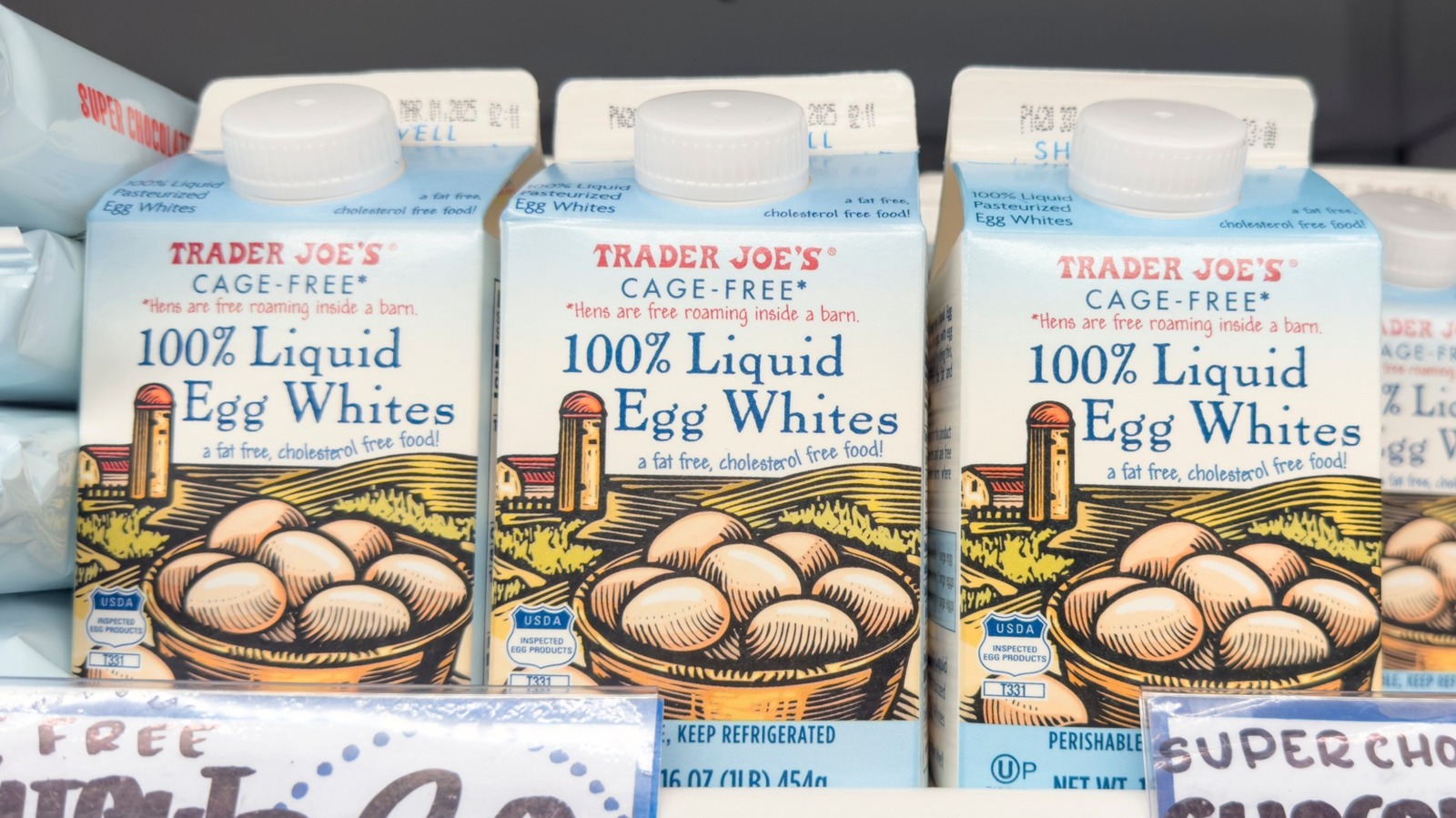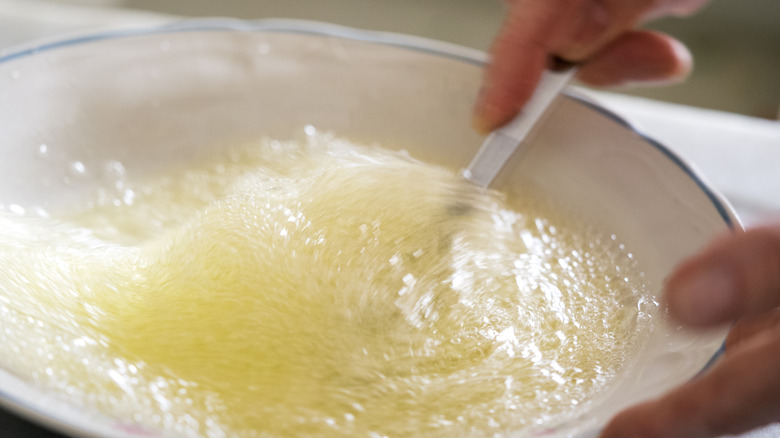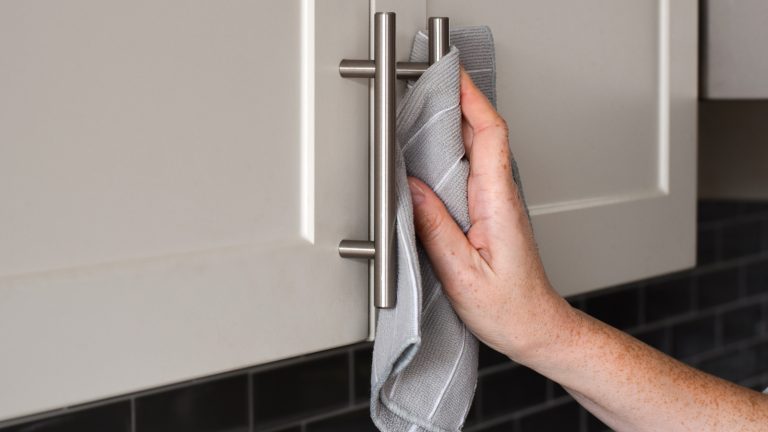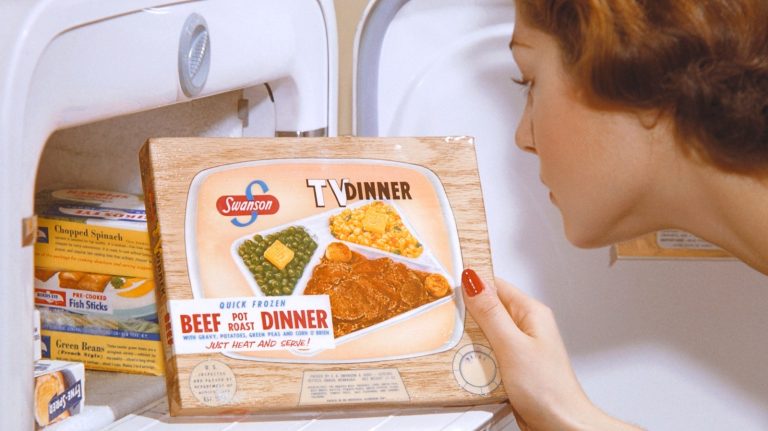Eggs are a quintessential part of the kitchen, and given current shortages and supply-chain issues, it’s no wonder people will do some pretty crazy things to get their hands on a carton (like the time someone in Pennsylvania stole a trailer full of eggs). Though the entire egg, both yolk and whites, are necessary to many parts of both baking and cooking, there are times when just using one or the other will suffice, such as when it comes to using egg whites as an egg wash. You can purchase a container of liquid egg whites ready for use in your wildest kitchen creations, but once that bad boy is opened, you only have about three days to use the entire thing before it’s past its prime.
If you’re wondering what actually comes in store-bought liquid egg whites, it’s pretty straightforward. The cartons contain sterilized and pasteurized egg whites and possibly thickening and flavoring agents. When it comes to an unopened container, it’s always best to listen to the use-by date, but once the liquid egg whites are open, you’ve entered a whole new ballgame with the potential for bacteria and other pathogens that cause foodborne illnesses to proliferate. Either opened or unopened, liquid egg whites need to remain refrigerated at all times, ideally at 40 degrees Fahrenheit or below. If you open the container and accidentally leave it on the counter at room temperature for more than about two hours, you’ll need to throw the entire thing away out of an abundance of caution.
How to tell if your liquid egg whites are still good
When liquid egg whites go bad, there are a few ways you can tell right off the bat. For one, you might notice a strange texture or smell coming from the container. If it’s goopier than usual or smells a little sweeter than it did a few days ago, it’s probably best to toss the container and stick with cracking a fresh egg. You can also perform the float test, which requires pouring a small amount of the liquid egg whites into a cup of cold water. If the whites drop to the bottom or partially sink, they’re good to eat, but if the whites completely float on the surface, they’ve gone bad.
Although you can freeze a container of unopened liquid egg whites to extend longevity, you should never freeze one that is partially used or has already been thawed. Consuming bad or expired liquid egg whites can lead to foodborne illnesses such as salmonella or food poisoning, so it’s never a bad idea to take a cautious approach. If the container is past its prime, there are plenty of other creative ways to use egg whites that don’t involve eating them, such as a natural pest repellent in the garden or a hearty addition to a compost pile.






